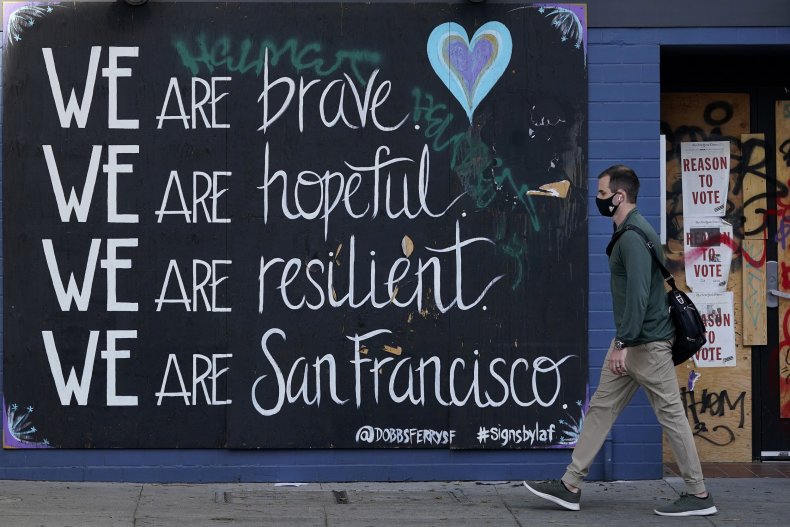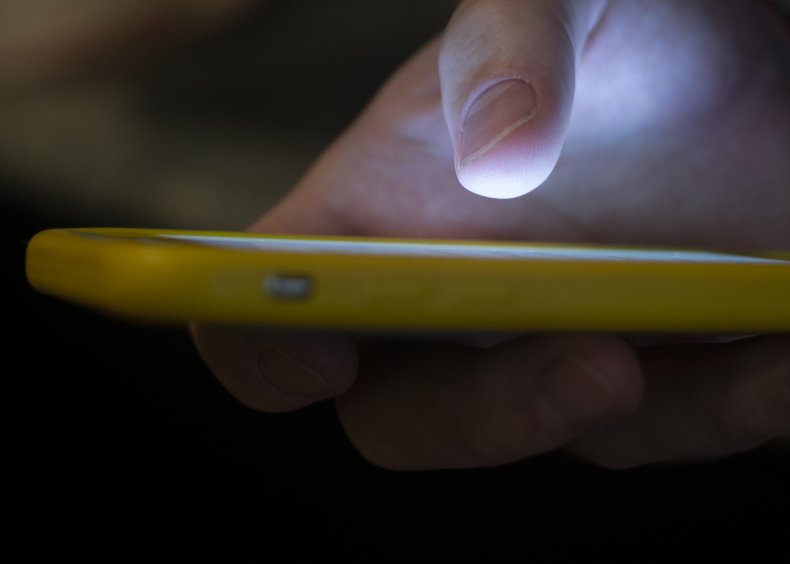As countries around the world imposed strict COVID-19 lockdowns to offset rapid infections amid the pandemic, calls to global helplines from people experiencing loneliness and suicidal thinking or behavior increased.
An examination of 8 million calls made to helplines across 19 countries, published by Nature on Wednesday, illustrated the impact of the pandemic on mental health around the world. Swiss and German researchers who conducted the analysis looked into suicide-prevention and crisis counseling helplines in 14 European nations, the U.S., China, Hong Kong, Israel and Lebanon.
Using data from the first 12 weeks of the pandemic in 2020, the researchers determined that the number of calls was highest at six weeks and 35 percent higher than calls fielded during the same period in the previous year, the Associated Press reported.
“We were struck by how similar the broad evolution of helpline call patterns looked across nations,” said Marius Brulhart, a University of Lausanne economics professor and lead author on the study.
The researchers also looked at data from two of the largest helplines, located in France and Germany, stretching through spring 2021. Calls increased in those countries when infections went up, and vice versa, with concerns discussed during those calls similar to ones early in the pandemic, according to the AP.
The enactment of tough social distancing and lockdown measures correlated with a higher volume of calls from people experiencing fear, loneliness and suicidal thinking or behavior. On the other hand, the researchers said that when governments distributed financial aid to workers who lost jobs and struggling businesses, “alleviating distress and mental health concerns,” there were fewer calls.
The topics discussed by those who called helplines mainly centered on feelings of loneliness, fears of contracting the virus, and worries about their physical health. Calls that focused on relationship problems, economic concerns, and suicide-related issues were less common overall than prior to the pandemic.
For more reporting from the Associated Press, see below.
Jenny Kane/AP Photo
Karestan Koenen, a Harvard mental health researcher, said patterns linking a decline in calls with government assistance is an important takeaway for policymakers.
Analyzing helpline data is “an incredibly creative way to assess mental health in the pandemic” in an array of countries, she said. In the U.S., crisis helplines have been heavily promoted throughout the pandemic and that may have broadened their use, Koenen noted.
Concerns raised in the calls echo results from surveys showing the pandemic’s toll on mental health, said Judith Bass, of Johns Hopkins’ Bloomberg School of Public Health.
“The idea that fear was part of the early manifestations both makes research sense but also logical sense,” Bass said. The virus “was an unknown that nobody had experienced before.”
Bass noted that the study didn’t include developing countries, such as those in Africa that have experienced Ebola and other disease outbreaks. People in those countries might have reacted differently to the early days of the COVID-19 pandemic than the countries included in the analysis, she said.
Still, the study showed how prevalent helplines are around the world, Bass said, and they are available in many more countries than were included in the study.
Brulhart said those used in the study manage data in a way that made them accessible for academic research.

Jeff Chiu/AP Photo



















